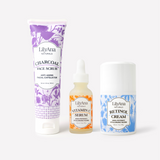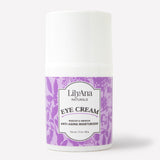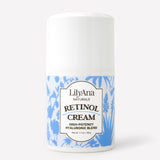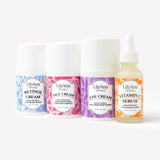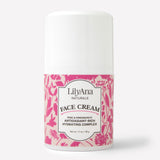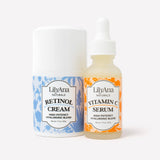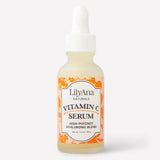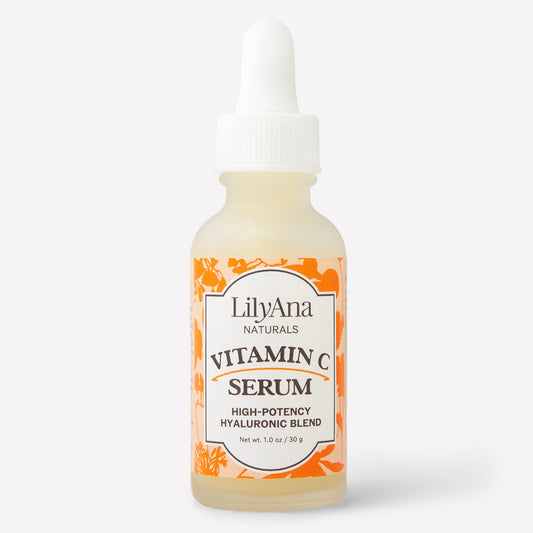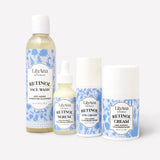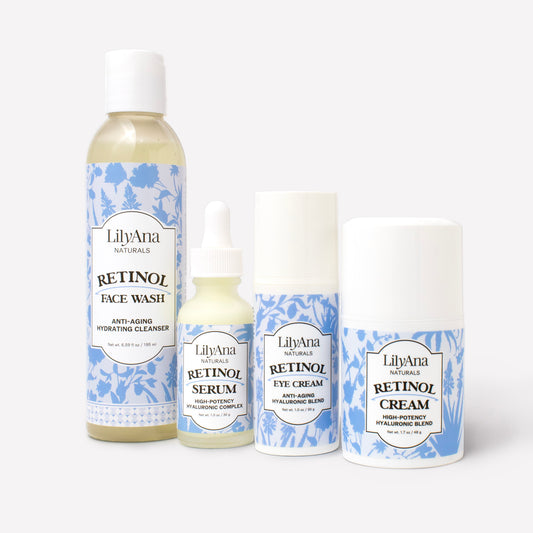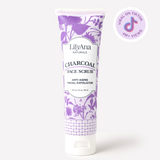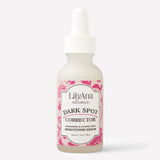The Power of Sunscreen: A Skin Savior
Sunscreen is not just a beach-day essential; it is a powerful tool in the fight against skin aging and damage. The sun's UV rays can wreak havoc on our skin, leading to premature aging, wrinkles, and even skin cancer. By understanding the importance of sunscreen and incorporating it into our daily skincare routine, we can shield our skin from these harmful effects and maintain a youthful appearance. In this discussion, we will explore the science behind how sunscreen works, the different types available, and why it is crucial for protecting our skin's health. Join us as we delve into the world of sunscreen and discover how this simple product can be a game-changer in preserving the beauty and health of our skin.
Benefits of Sunscreen for Skin Health
Sunscreen is a fundamental component of any skincare regimen, offering a plethora of advantages that significantly contribute to the overall health and appearance of the skin. While its primary function in preventing premature signs of aging is well-recognized, the benefits of sunscreen go beyond just anti-aging properties.
One of the primary advantages of using sunscreen is the crucial protection it provides against the harmful effects of UV radiation. For example, the Daily Face Sunscreen with SPF 30 from LilyAna Naturals provides 100% mineral broad-spectrum protection against both UVA and UVB rays, essential for safeguarding against sun-induced damage such as sunburn, discoloration, and even skin cancer.
In addition to its protective role, sunscreen plays a pivotal part in enhancing skin brightness and elasticity. By integrating sunscreen into your daily skincare routine, you can uphold a radiant, youthful complexion. The inclusion of beneficial ingredients like Zinc Oxide, Aloe Vera Juice, Jojoba Seed Oil, and Hyaluronic Acid in the LilyAna Naturals sunscreen not only moisturizes the skin but also soothes inflammation and prevents dark spots, fostering healthier and more luminous skin.
Furthermore, sunscreen can effectively target specific skin concerns like blemishes, acne scarring, and hyperpigmentation. Utilizing a non-comedogenic product such as the LilyAna Naturals sunscreen, which is non-pore-clogging, allows individuals with diverse skin types to leverage its healing properties.
Choosing a sunscreen like the Daily Face Sunscreen with SPF 30 from LilyAna Naturals, crafted with natural and naturally-derived components, not only shields the skin from sun damage but also capitalizes on its anti-aging and skin-brightening benefits. By integrating sunscreen as an essential element of your skincare ritual, you are investing in the long-term vitality and luminosity of your skin, ensuring a radiant complexion for years to come.
Sunscreen serves as a vital ally in maintaining skin health, offering a comprehensive shield against sun-related harm while promoting skin rejuvenation and radiance. Make sunscreen a non-negotiable part of your daily routine to reap its myriad benefits and safeguard your skin's well-being.
Importance of Daily Face Sunscreen
When it comes to maintaining healthy and youthful skin, incorporating a daily face sunscreen into your skincare routine is crucial. A quality daily face sunscreen, such as one with SPF 30 and natural ingredients like Zinc Oxide, Aloe Vera, and Hyaluronic Acid, offers a multitude of benefits for your skin.
Benefits of Zinc Oxide
Zinc Oxide, a key ingredient in the sunscreen, provides 100% mineral broad-spectrum protection against both UVA and UVB rays. This protection not only helps prevent sunburn but also plays a significant role in preventing premature signs of aging caused by sun damage. Additionally, Zinc Oxide can brighten the skin and boost elasticity, leaving your skin looking youthful and radiant.
Hydrating and Soothing Properties
Aloe Vera and Hyaluronic Acid are two other essential ingredients in the sunscreen that work wonders for your skin. Aloe Vera is known for its hydrating properties, helping to moisturize the skin effectively. It also has soothing properties that can calm inflammation and irritation, making it ideal for sensitive skin. On the other hand, Hyaluronic Acid is a powerhouse ingredient that helps retain moisture in the skin, keeping it plump and hydrated. Moreover, it aids in improving the skin's pH balance, contributing to overall skin health.
Non-Comedogenic Formula
One of the significant advantages of using a non-comedogenic daily face sunscreen is that it won't clog pores. This feature is especially beneficial for individuals with acne-prone skin, as clogged pores can lead to acne breakouts, scarring, blemishes, and other skin issues. By choosing a non-comedogenic formula, you can protect your skin from potential breakouts and maintain a clearer complexion.
Application Tips
Proper application of the daily face sunscreen is key to ensuring effective protection against the sun's harmful rays. It is recommended to apply the sunscreen as the final step in your morning skincare routine, ensuring that it is the closest layer to your skin for maximum efficacy. Remember to reapply the sunscreen after swimming or sweating to maintain continuous protection throughout the day. Following the recommended frequency of application will help shield your skin from sun-induced discoloration, dark spots, and other sun-related skin concerns.
Incorporating a daily face sunscreen with SPF 30 and natural ingredients like Zinc Oxide, Aloe Vera, and Hyaluronic Acid into your skincare regimen can help you achieve healthy, glowing skin while providing essential protection against sun damage and premature aging.
Conclusion
It is evident that incorporating sunscreen into our daily skincare routine is crucial not only for protecting our skin from aging but also for preventing serious health issues such as skin cancer. By understanding the harmful effects of UV radiation and the benefits of sunscreen, we can make informed choices to prioritize skin protection and overall well-being. Remember, a simple step like applying sunscreen daily can go a long way in maintaining healthy, youthful-looking skin in the long run.
